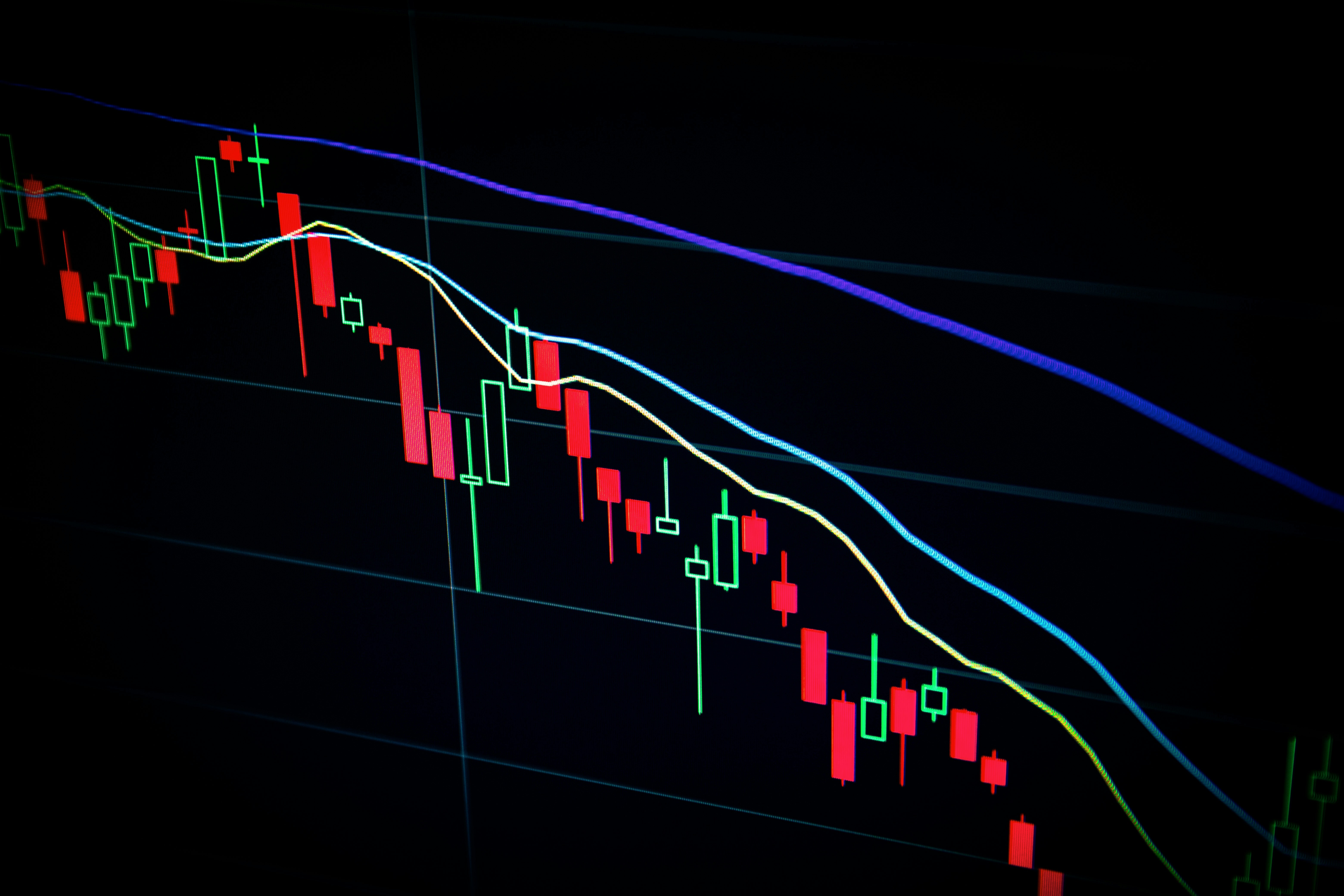Pakistan's IMF Loan: Recent Developments and Expert Analysis
Pakistan's economic stability is heavily reliant on its relationship with the International Monetary Fund (IMF). Recent IMF meetings are crucial checkpoints for the country's loan program, influencing its economic trajectory. This analysis provides a detailed overview of these developments and their potential impact.
Background: Pakistan's Economic Challenges

Pakistan faces a complex web of economic challenges including high inflation, a widening current account deficit, and dwindling foreign exchange reserves. These factors have necessitated repeated engagement with the IMF for financial assistance.
Structural reforms are often a key component of these IMF programs, aiming to address underlying economic vulnerabilities.
The country's reliance on imports, coupled with fluctuating global commodity prices, further exacerbates its economic woes. Achieving sustainable economic growth requires a multi-pronged approach addressing both short-term crises and long-term structural issues.
- High Inflation
- Current Account Deficit
- Low Foreign Exchange Reserves
The IMF and Pakistan: A History
Pakistan's relationship with the IMF spans several decades, with numerous loan programs implemented over the years. Each program aims to stabilize the economy and promote sustainable growth through policy reforms. However, the effectiveness of these programs has been debated.
Historically, Pakistan has struggled to fully implement the IMF's recommended reforms, often facing political and social resistance. This has resulted in repeated cycles of boom and bust, necessitating further IMF intervention.
Successfully navigating these challenges requires strong political will and a commitment to long-term economic stability.
Key Outcomes of Recent IMF Meetings
Recent IMF meetings have focused on Pakistan's progress in meeting the conditions of its current loan program. Discussions have centered around fiscal discipline, exchange rate management, and energy sector reforms.
The release of subsequent tranches of the loan is contingent upon satisfactory performance in these areas.
Key outcomes typically involve agreed-upon targets for government revenue, expenditure, and inflation. The IMF also emphasizes the importance of structural reforms to improve Pakistan's competitiveness and attract foreign investment.
Transparency and accountability are crucial for maintaining the IMF's confidence and ensuring the program's success.
Implications for Pakistan's Economy
The IMF loan program has significant implications for Pakistan's economy, impacting everything from inflation and exchange rates to government spending and private sector activity. Compliance with IMF conditions can lead to short-term economic pain but is intended to pave the way for long-term stability.
Strict fiscal discipline can result in reduced government spending on social programs and infrastructure projects, potentially impacting vulnerable populations. Exchange rate adjustments can affect import prices and export competitiveness, requiring careful management to minimize negative consequences.
Ultimately, the success of the IMF program depends on Pakistan's ability to implement reforms effectively and sustainably.
Failure to meet IMF targets could result in delays or suspensions of loan disbursements, further destabilizing the economy. Therefore, it is crucial for the government to prioritize economic reforms and maintain open communication with the IMF.
Future Outlook and Potential Challenges
The future outlook for Pakistan's economy remains uncertain, heavily influenced by the ongoing IMF program and global economic conditions. Successfully completing the current program is essential for restoring investor confidence and attracting foreign capital.
Potential challenges include political instability, social unrest, and external shocks such as rising oil prices or global recessions. Addressing these challenges requires strong leadership, effective policy implementation, and a commitment to sustainable economic growth.
Looking ahead, Pakistan needs to focus on diversifying its economy, improving its competitiveness, and building resilience to external shocks.
Ultimately, Pakistan's long-term economic success depends on its ability to address its underlying structural issues and create a more stable and prosperous future for its citizens.
The Pakistan IMF loan situation requires ongoing monitoring and strategic adjustments. Adherence to agreed-upon targets and continuous efforts towards sustainable reforms are crucial for economic stability.
Quick References: Explore further details via credible financial news outlets for the latest updates.


Follow Us